Assassinating General of Peace most obvious example of US terrorism: Iran FM
Speaking to the United Nations General Assembly (UNGA)’s president, Iran’s foreign minister says US perpetration of terrorism is epitomized by the assassination of Iran’s senior anti-terror commander, Lieutenant General Qassem Soleimani.
“The assassination of Martyr General Soleimani, the great General of Peace, by the United States on the Iraqi soil, was one of the most obvious instances of terrorism,” Hossein Amir-Abdollahian said during a face-to-face meeting with Abdulla Shahid on Thursday in New York. Amir-Abdollahian has travelled to the city to attend the UN General Assembly’s 76th Session.
An international legal committee has been formed inside the Islamic Republic to pursue the atrocity, with the aim of consigning those who perpetrated and ordered it to justice, he added.
The United Nations, however, definitely played an important role in this regard too, Amir-Abdollahian underscored.
He called terrorism a phenomenon that has come to afflict the entire world, noting the Islamic Republic’s constructive role in cooperating with the regional countries, from Lebanon to Iraq and Afghanistan, in fighting it.
General Soleimani, former commander of the Quds Force of Iran’s Islamic Revolution Guards Corps (IRGC), used to direct the military advisory support that Iran has been providing to Iraq and Syria against terrorism at the Arab countries’ respective request.
The assistance helped the countries rout the Takfiri terrorist group of Daesh in late 2017. The United States has been using the group as an excuse to prolong its invasion of the countries.
Early last year, the US carried out a drone strike against the Iraqi capital Baghdad at the orders of former American president Donald Trump that led to the martyrdom of General Soleimani and senior Iraqi counter-terrorism commander, Abu Mahdi al-Muhandis alongside their companions.
The IRGC retaliated by firing volleys of ballistic missiles towards two major Iraqi bases hosting Americans. The Iraqi parliament too voted overwhelmingly in favor a legislation outlawing all instances of foreign military presence on the Iraqi soil.
Other forms of US terrorism
The foreign minister went on to address the other forms of American terrorism that has been targeting Iran, pointing to the economic terrorism that Washington has been waging against the Iranian nation through its oppressive sanctions.
The US returned the sanctions in 2018 after illegally and unilaterally leaving a historic 2015 nuclear deal with the Islamic Republic and world countries. Ever since, it has also been trying to force other countries into committing themselves to the coercive measures and stopping all sorts of trade with Iran.
Amir-Abdollahian noted how the US has been tying the economic terrorism to health and pharmaceutical terrorism too, referring to its prevention of exports of direly-needed medicines to Iran.
The US’s obstruction continued even following the outbreak of the coronavirus’ pandemic in late 2019. Washington has also been chronically blocking transfer of other types of vital medicine to the Islamic Republic, including cancer drugs and drugs that are required to cure rare conditions such as the butterfly disease.
The top diplomat, therefore, urged the international community to serve the US’s approach with a serious response. The General Assembly was expected to stand up to the US’s unilateralism and lawlessness by reinforcing multilateralism, he added.
Concluding his remarks, Amir-Abdollahian congratulated Shahid on the occasion of his appointment as the Assembly’s president, and invited him to travel to Tehran.
Shahid, for his part, likewise congratulated Amir-Abdollahian for his assumption of the role of Iran’s foreign minister. He reminisced about a trip he had made to the Iranian capital in 1996 to take part in the Organization of Islamic Cooperation conference in his capacity as a Maldivian official, calling his stay a memorable one.
Shahid described a multilateral system as the international community’s only choice and way forward. He cited the issue of the pandemic as a case in point, saying the viral outbreak showed how countries were interconnected, and that each one’s safety was tied to the safety of all the others.
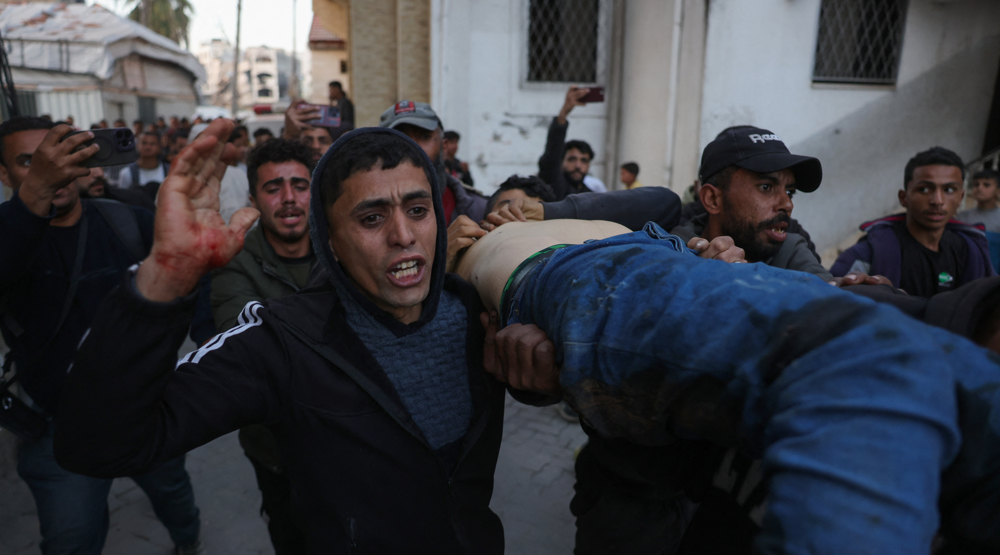
Iran condemns Israeli war crimes in Gaza, West Bank
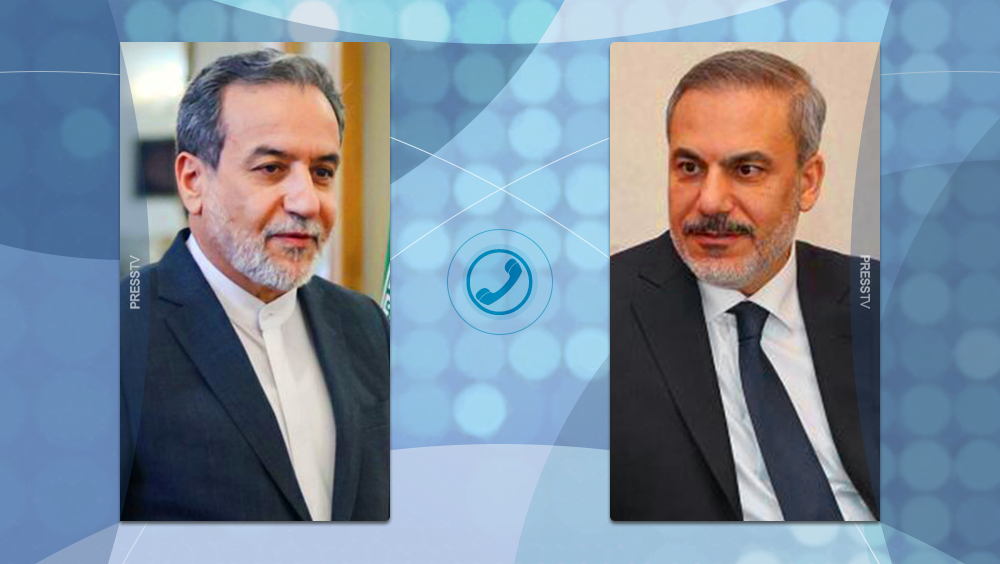
Iran, Turkey foreign ministers discuss Muscat talks, other regional issues
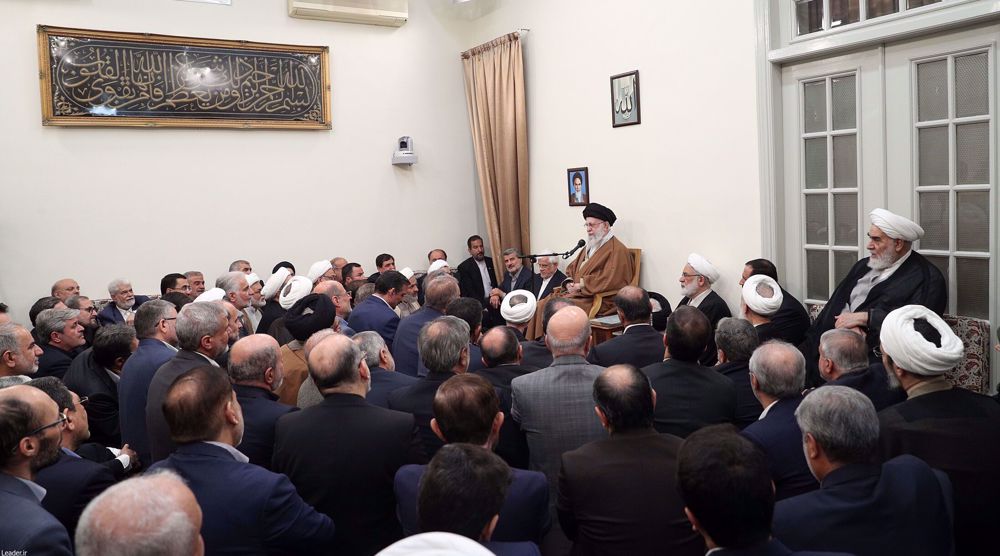
Leader: Indirect Oman talks ‘good’ in early stages but lack of trust 'remains' about other side
Iran’s enrichment ‘non-negotiable’, talks fruitless under pressure: FM
Pentagon officials placed on leave over 'unauthorized' Yemen leaks
Photojournalist killed in Israeli bombing of family home in Gaza
China says 'not afraid to fight' trade war with US
VIDEO | Press TV's news headlines
Iranian hospital uses angiography for brain vascular treatment without surgery
US to press EU to pull away from China in return for tariff cuts: Report
Muslim prisoners ‘singled out’ for violent treatment in England: Charity


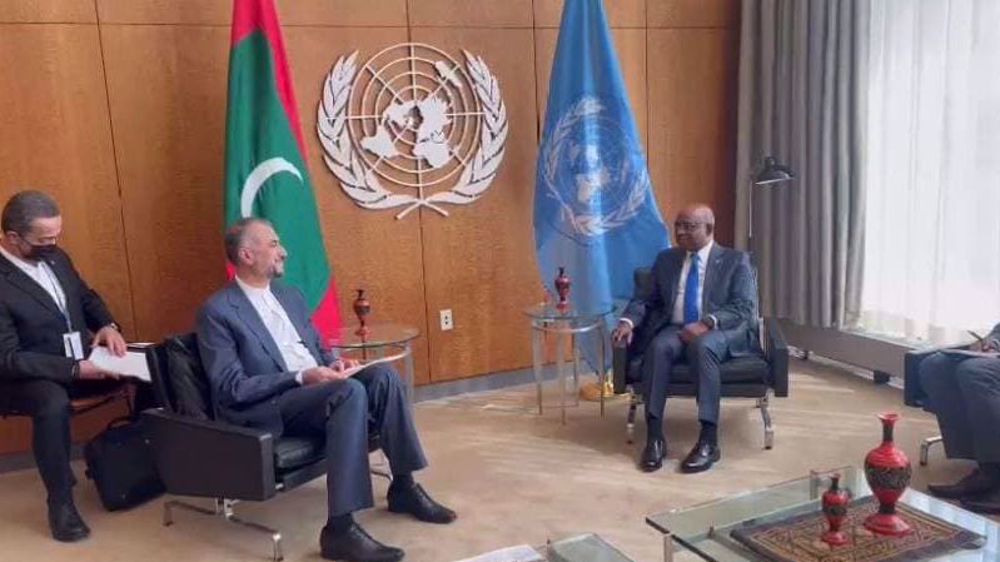
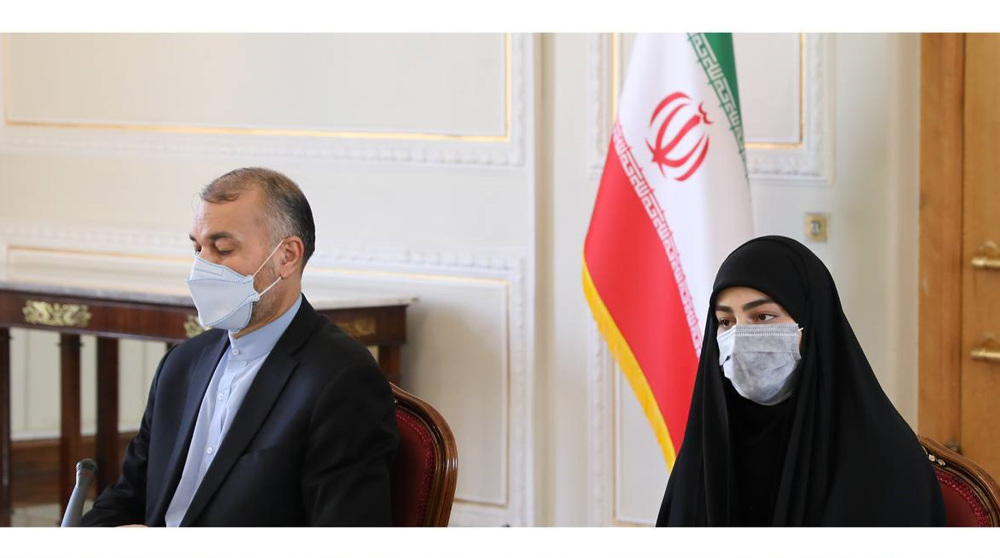




 This makes it easy to access the Press TV website
This makes it easy to access the Press TV website